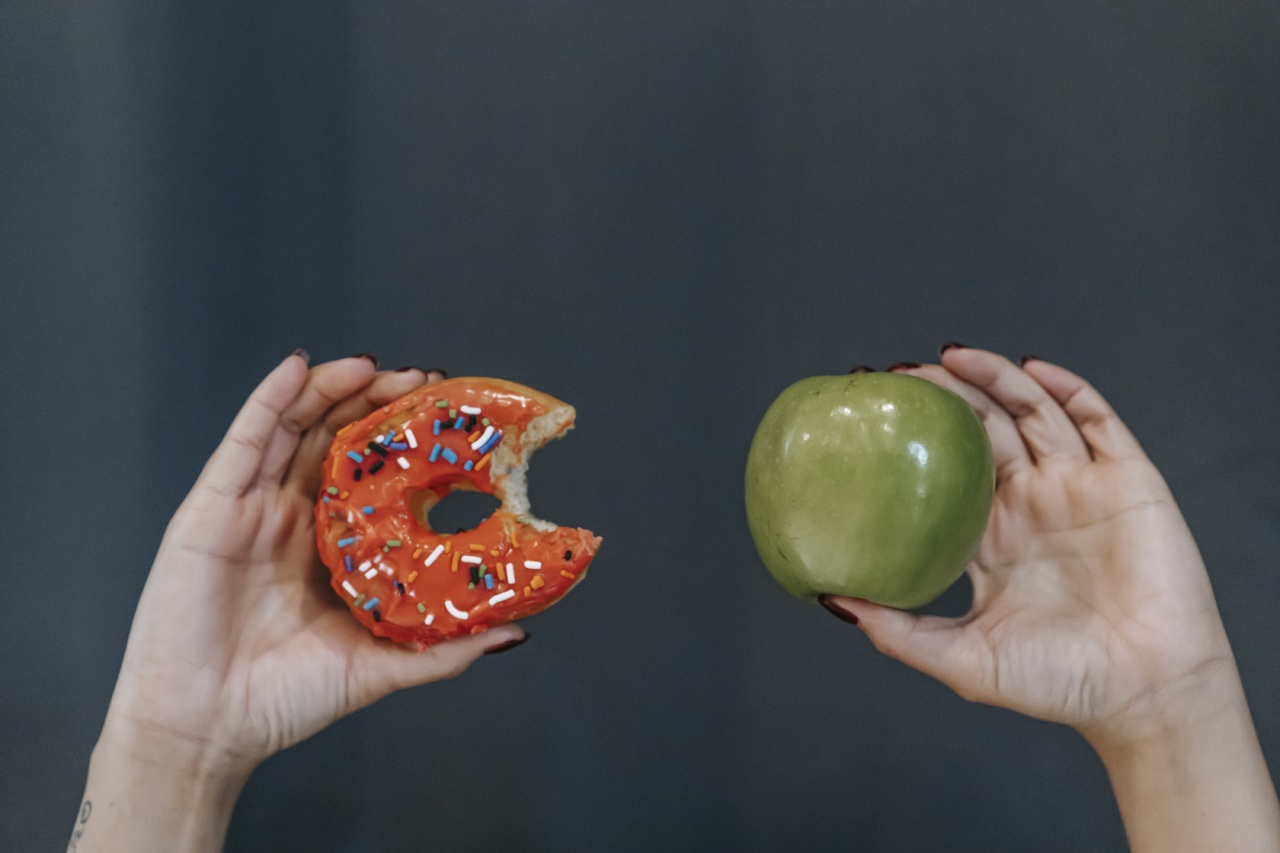When it comes to maintaining kidney health, diet plays a crucial role. Eating a balanced diet that’s low in sodium, protein, and sugar, while high in vitamins, minerals, and antioxidants, may help prevent kidney problems.
Let’s take a look at some food choices that can promote kidney health.
1. Berries
Berries like strawberries, blueberries, raspberries, and cranberries are packed with antioxidants that can help protect kidneys from damage caused by free radicals.
These fruits are also low in sugar and high in fiber, making them a healthy snack option for people with kidney problems. However, people on dialysis may need to limit their intake of potassium-rich berries to avoid excess potassium in the blood.
2. Leafy Greens
Leafy greens like spinach, kale, Swiss chard, and collard greens are high in vitamins and minerals such as vitamin C, vitamin K, folate, and potassium. These nutrients may help reduce inflammation and improve kidney function.
However, people with kidney failure may need to limit their intake of potassium-rich greens to prevent hyperkalemia, a condition in which potassium levels are too high in the blood.
3. Fish
Cold-water fish like salmon, trout, and mackerel are a great source of omega-3 fatty acids, which have been shown to reduce inflammation and improve kidney function.
These fish are also low in saturated fat and high in quality protein, making them a healthy alternative to red meat for people with kidney problems.
4. Olive Oil
Olive oil is a healthy fat that’s rich in antioxidants and anti-inflammatory compounds. Using olive oil as a cooking oil or salad dressing may help reduce inflammation and oxidative stress, both of which can contribute to kidney damage.
However, people with kidney problems should use olive oil in moderation, as it is high in calories and fat.
5. Garlic
Garlic is a powerful natural antibiotic that may help prevent kidney infections and lower blood pressure, which can reduce the risk of kidney disease.
Adding garlic to your diet may also boost your immune system, which can help protect kidneys from damage caused by infection or inflammation.
6. Low-Sodium Foods
Eating a diet that’s low in sodium is essential for maintaining healthy kidneys, as excess sodium can raise blood pressure and damage kidney function.
To reduce your sodium intake, try using herbs and spices instead of salt to flavor your food, and choose low-sodium options when shopping for packaged foods.
7. Whole Grains
Whole grains like brown rice, quinoa, and whole wheat bread are high in fiber, B vitamins, and other nutrients that can promote kidney health. These foods are also low in fat and sodium, making them a healthy choice for people with kidney problems.
However, people on a low-phosphorus diet may need to limit their intake of whole grains to avoid excess phosphorus in the blood.
8. Eggs
Eggs are a great source of high-quality protein, which is essential for maintaining muscle mass and promoting healing. They also contain vitamins B6 and B12, which can help reduce inflammation and improve kidney function.
However, people with kidney problems may need to limit their intake of eggs to avoid excess phosphorus in the blood.
9. Peppers
Peppers like bell peppers and chili peppers are high in vitamin C, which is a powerful antioxidant that can help prevent kidney damage caused by free radicals.
They are also low in potassium, making them a healthy snack option for people with kidney problems. However, people on a low-potassium diet may need to limit their intake of peppers to avoid excess potassium in the blood.
10. Watermelon
Watermelon is a hydrating fruit that’s low in potassium and high in antioxidants like lycopene. Eating watermelon may help reduce inflammation and oxidative stress, both of which can contribute to kidney damage.
However, people on a low-potassium diet may need to limit their intake of watermelon to avoid excess potassium in the blood.





























